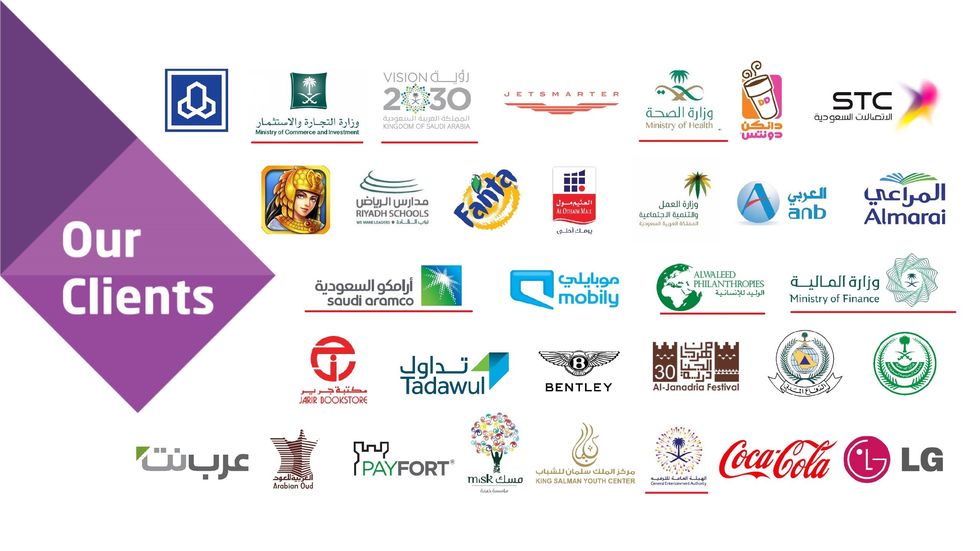A review of comprehensive data tied to nearly 6,000 Saudi-linked Twitter accounts has found a manipulation campaign targeting its English language messages at President Donald Trump, urging regime change in Iran, whitewashing Saudi human rights abuses in Yemen, and deflecting responsibility for the murder of Washington Post columnist Jamal Khashoggi away from the Saudi government.
Twitter announced on Friday that it had removed the accounts, saying they violated “platform manipulation policies.” Twitter also said the accounts were the “core portion of a larger network of more than 88,000 accounts engaged in spammy behaviour across a wide range of topics,” adding that “[r]igorous investigations by our Site Integrity team have allowed us to attribute these accounts to a significant state-backed information operation on Twitter originating in Saudi Arabia.”
The accounts, which produced and amplified more than 29 million tweets, were operated by Smaat, a social media marketing company based in Saudi Arabia. Twitter reported, “Our in-house technical indicators show that Smaat appears to have created, purchased, and/or managed these accounts on behalf of — but not necessarily with the knowledge of — their clients. We have permanently suspended Smaat’s access to our service as a result, as well as the Twitter accounts of Smaat’s senior executives. Smaat managed a range of Twitter accounts for high-profile individuals, as well as many government departments in Saudi Arabia.”
Smaat’s client list includes a number of Saudi government ministries and high-profile Saudi institutions, according to the company’s marketing materials. Smaat’s website was taken offline after Twitter made its announcement, but a promotional presentation, previously available on the website, listed as clients the Saudi Ministry of Commerce and Investment, Saudi Crown Prince Mohammad bin Salman’s Vision 2030 economic development program, the Saudi Ministry of Health, Saudi Aramco, the Saudi Ministry of Finance, the Saudi General Entertainment Initiative, and Alwaleed Philanthropies, a charity overseen by Prince Al-Waleed bin Talal bin Abdulaziz al Saud. Alwaleed was actually an early investor in Twitter and owns more than five percent of the company.
Smaat’s client list suggests their activities were frequently linked to the Saudi government, which makes the accounts’ activities targeting an English language audience even more interesting. Twitter’s researchers concluded, “While the majority of the content from this network was in Arabic, a portion of it related to events relevant to Western audiences, including amplification of discussion around sanctions in Iran and appearances by Saudi government officials in Western media.”
An examination of the dataset by Responsible Statecraft found that 422,676 of more than 29 million Tweets were in English. One hundred of those English language tweets received more than 200 retweets, presumably boosted by Smaat’s efforts to amplify and widely disseminate their clients’ messages. Saudi regional rivalries and efforts to influence U.S. policymakers figured prominently in those most amplified tweets.
Thirty-five of the 100 most retweeted tweets contained the keywords “Iran,” “Trump,” “Qatar,” “Yemen,” or “Khashoggi.”
Twenty-six of the 100 most retweeted English language tweets mentioned Trump.
The most amplified tweet mentioning Trump, which was a tweet that also mentioned Iran, and the sixth overall most shared English tweet, was sent by an account called “Abuhamdan011.” It read: “"#TrumpWarnsIranianTerrorism #AnittaNoMultishow Iran is the biggest state sponsor of terrorism in the world Mr Trump will put a end to them! https://t.co/rYMO5g7yOx." It was retweeted 907 times.
Twenty-three of the 100 most retweeted English language tweets mentioned Iran.
Another Iran-related tweet, and the fifth overall most retweeted English tweet, was by an account called “a_binaqeel.” It read, tweeting at Mike Cernovich, a right-wing, Trump supporting, conspiracy theorist influencer on Twitter: “@Cernovich Why Iran is not up there as an option? Iran is number one sponser of terrosrim. https://t.co/FxhZQQru63.” The message received nearly one thousand retweets.
Qatar was mentioned in six of the 100 most retweeted English language tweets.
The most amplified tweet mentioning Qatar was a by an account called “DHy259mxkHGkT4D1UwFRR3PoevDEuGnB7DkIUl9q9us=,” according to Twitter’s dataset. It read: “@realDonaldTrump Qatar is an ignorant country, its destruct the region by funding and giving shelter to the radical groups and terrorist.” It was retweeted 350 times. (Four of the six Qatar related Tweets were directed at Trump’s Twitter handle.)
Three of the 100 most retweeted English language tweets mentioned Yemen.
The most amplified Yemen tweet was by an account named “K_alnfesh.” It read: “#TrumpWarnsIranianTerrorism Yes please stop them, they are funding terrorists groups in the middle east specially in Yemen, Syria and Iraq https://t.co/2Bwf66xov4.” It was retweeted 448 times.
Another Yemen-related tweet pointed to potential war crimes committed by Houthis for using child soldiers in Yemen. While true, Saudi Arabia also employs Sudanese child soldiers to fight against the Houthis in Yemen, a fact missing from the social media manipulation campaign.
Khashoggi was also mentioned in two of the 100 most retweeted English language tweets.
The most amplified Khashoggi tweet was by an account named “506MBS,” which took issue with a tweet urging Trump to look at a picture of severed fingers and condemn Khashoggi’s murder. It read: “@joncoopertweets @realDonaldTrump Stop spreading lies and try to respect your followers. You can buy these fingers from eBay for $2.99 #مسرحية_جمال _خاشقجي#Khashoggi https://t.co/ZoxPGBiN2O https://t.co/3GMFrF2llm."
"The Arabic hashtag suggests that Khashoggi’s death was exaggerated or theater," Murtaza Hussain, a journalist for The Intercept who can read Arabic, told Responsible Statecraft. (The Saudi government on Monday sentenced five people to death for the murder in a move Amnesty International called “a whitewash.”)
Another tweet by the same account said, “The death of #Khashoggi was a horrible individual act. It does not represent the Saudi government nor does it represent the Saudi people. We trust those guilty will be charged and punished fairly. And we will forever support and stand with the Saudi leadership 💚🇸🇦 https://t.co/kj8V55FTA6.”
The review of Smaat’s English language Twitter activity suggests that urging the U.S. to engage in a regime change campaign in Iran, isolating Qatar, advancing a Saudi narrative about its Yemen intervention that overlooks Riyadh’s use of child soldiers, and deflecting accusations of Saudi leadership’s involvement in Khashoggi’s murder were a top priority.
Smaat’s social media manipulation campaign prioritizing Saudi geopolitical interests seems to be in line with the public positions taken by the Saudi government, a major client of the company. If the Saudi government were directing these campaigns, it would mean that the largest Twitter take-down of a “state-backed information operation” was conducted by a major U.S. ally in the Middle East. And if the top amplified tweets are representative of Saudi Arabia’s interests, it lays bare Saudi efforts to draw the U.S. into a war with Iran and excuse reckless Saudi government actions in Yemen and in the murder of Khashoggi.
The news of Twitter’s takedown of the Saudi Twitter manipulation network, and the 88,000 accounts that comprised its efforts, comes on the heels of charges brought against two Saudi nationals who formerly worked at Twitter. The Justice Department charged the two men with acting as agents of a foreign power inside the U.S., the first time Saudi nationals have been charged with these crimes, and alleged the two men used their access to Twitter’s internal data to provide information on U.S. citizens and Saudi dissidents to the Saudi government.

















